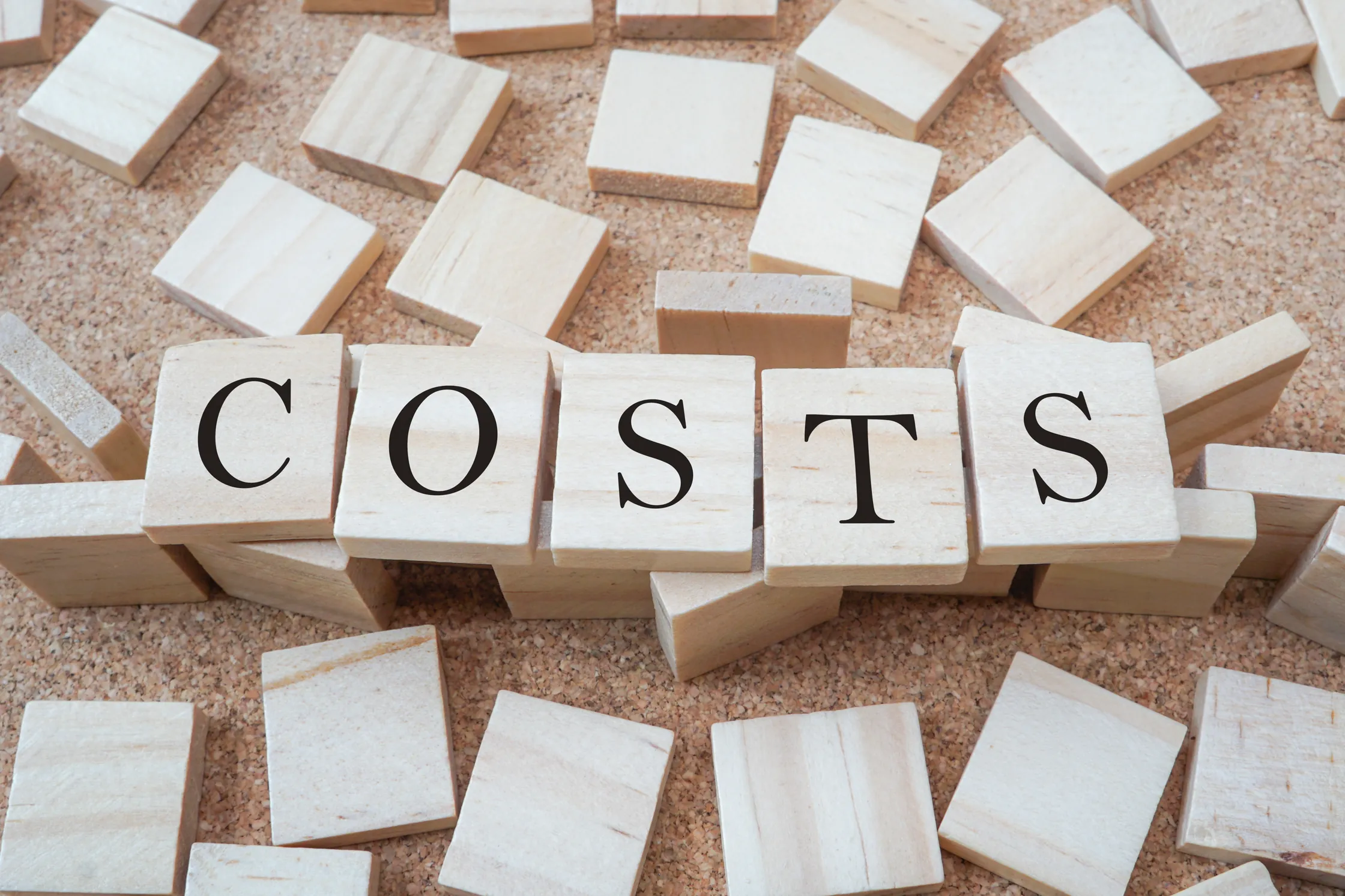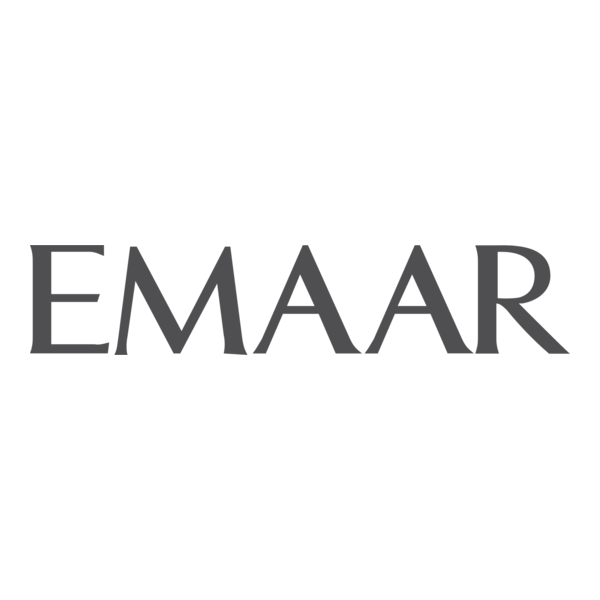Buy Property in Dubai (2025 Costs & Investment Guide)

What are the Main Upfront Costs
When planning to buy property in Dubai in 2025, the purchase price is just one part of your budget. Smart investors understand additional costs, typically 6-8% of the property's value, are essential. These cover government fees, administrative charges, and agency commissions. Understanding both upfront and recurring expenses ensures a smooth Dubai property investment and a sound financial decision. Key initial costs include the Dubai Land Department (DLD) transfer fee, real estate agency commission, and various registration charges for legal ownership.
Beyond the property's purchase price, several one-time fees are necessary to complete a real estate transaction in Dubai. These essential costs legally register your ownership, whether for Dubai apartments or Dubai villas, and meet all regulatory requirements. Factor these into your initial budget to avoid financial surprises when you buy property in Dubai.
A summary of the primary upfront costs includes:
- Dubai Land Department (DLD) Fee: 4% of the property's purchase price.
- Property Registration Fee: AED 2,000 (+ 5% VAT) for properties under AED 500,000, and AED 4,000 (+ 5% VAT) for properties valued above this amount.
- Real Estate Agency Fee: Typically 2% of the purchase price, plus 5% VAT.
- No Objection Certificate (NOC): This fee can range from AED 500 to AED 5,000, paid to the developer to certify that there are no outstanding service charges.
- Title Deed Issuance Fee: An administrative fee of AED 580.
How Mortgage Costs Affect Your Budget
Choosing a mortgage to finance your property purchase adds another layer of costs. These fees go to the lending bank and the DLD for legally registering the mortgage lien against your property.
Key mortgage-related expenses to anticipate are:
- Mortgage Registration Fee: This is a mandatory DLD fee, calculated as 0.25% of the total loan amount, plus an administrative charge of AED 290.
- Bank Mortgage Arrangement Fee: Most banks charge an arrangement or processing fee, which is typically up to 1% of the loan value, plus 5% VAT.
- Property Valuation Fee: Before approving a loan, the bank will require an independent valuation of the property. This typically costs between AED 2,500 and AED 3,500, plus VAT.
What Is the Role of the Dubai Land Department (DLD)
The Dubai Land Department (DLD) serves as the central government body for all real estate transactions in the emirate. Its core role ensures legal, transparent, and efficient property transfers. Every property sale in Dubai must register with the DLD within 60 days for legal validity.
The DLD charges a mandatory 4% fee of the property's purchase price to register ownership transfer. This fee is crucial, documenting and validating the transaction, providing the new owner with a secure title deed.
Understanding Ongoing Ownership Responsibilities
Owning a property in Dubai involves recurring financial obligations. These are vital for the building and community's maintenance and upkeep. Carefully consider these ongoing costs for your long-term budget, especially if planning a Dubai property investment.
Service Charges Explained
Dubai service charges are annual fees. Property owners pay these to maintain common areas and shared facilities. Dubai's Real Estate Regulatory Agency (RERA) regulates these to ensure fairness. These fees cover many services:
- Maintenance of building systems (electrical, plumbing, elevators).
- 24/7 security and facilities management.
- Cleaning of common areas, landscaping, and pool maintenance.
- A "sinking fund" for major future repairs and improvements. Service charge rates are calculated per-square-foot, varying by community, developer, and amenities.
What are the Utility Setup Fees
Upon taking property ownership, you must set up essential utility accounts. The Dubai Electricity and Water Authority (DEWA) provides these services. A DEWA connection requires a one-time refundable security deposit and non-refundable activation charges. Deposits are typically AED 2,000 for an apartment and AED 4,000 for a villa. For communities with district cooling, expect separate deposits and fees from providers like Empower.
A Final Checklist of Purchase Costs
To simplify your financial planning for 2025, here's a consolidated checklist of potential costs when you buy property in Dubai:
- Property Price Down Payment: Typically 20-25% of the property value.
- DLD Fee: 4% of purchase price.
- Property Registration Fee: AED 2,000 - AED 4,000 (+VAT).
- Agency Fee: 2% of purchase price (+VAT).
- Conveyancing Fee: Approximately AED 6,000 - AED 10,000.
- Mortgage Registration Fee: 0.25% of the loan amount.
- Bank Arrangement Fee: Up to 1% of the loan amount (+VAT).
- Property Valuation Fee: AED 2,500 - AED 3,500 (+VAT).
- DEWA Deposit: AED 2,000 - AED 4,000.
Get Your Free Dubai Investment Guide
What's Inside:
- ✓8+1 reasons international investors buy in Dubai
- ✓Market overview – the numbers you must know before investing
- ✓Off-plan vs Ready – what are the advantages?
- ✓Top 6 emerging locations for off-plan investment
- ✓Golden Visa – frequently asked questions answered
Your information is private. We never spam.







